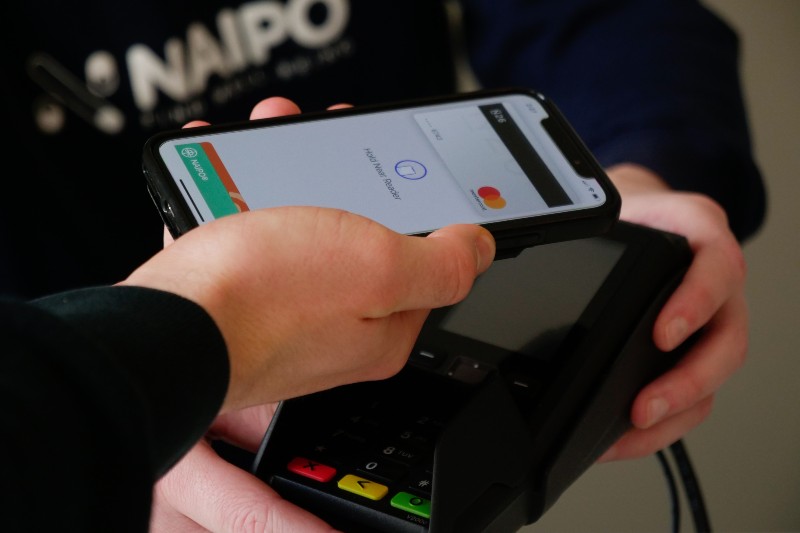No products in the cart.
Why Are Governments Struggling With The Cashless Society Initiative?

According to Capgemini’s – a UK based consultancy firm – World Payments Report 2020, the total number of digital payments worldwide has transcended the mark of 700 billion for the year 2019. The market share of digital transactions has grown by 14% from 2018 to 2019, with Asia-Pacific emerging as the most significant digital transactions market. This rise can also be attributed to cross-border trade, where it is easy to use digital portals to conduct a money transfer to India or to any other country in the world.
Every process happening around us is either on a continuous journey of evolution or moving towards extinction. The former is valid for finance and the way we carry out our transactions. The shift from cash to digital currency is imminent, as depicted from the facts stated above. This shift has been further accelerated by the coronavirus pandemic limiting physical interaction while redirecting the users towards digital infrastructure.
Why Governments Want Cashless Society
- Tax evasion has been one of the biggest menaces for governments worldwide. Dealing in cash makes it possible for individuals to understate their incomes, thus lowering tax liability. This practice has made governments suffer huge losses as massive amounts of money never made it to the regulated financial system. A cashless society will help the government to root out tax evasion.
- Cash transactions support organised crime all around the globe. Cash is the actual bloodline of crime syndicates as it helps them stay under the radar, evading the watchful eyes of authorities. A cashless society will make it harder to send money abroad – illegitimately – while alerting the authorities whenever such an attempt will be made. This will make crime less profitable, thus limiting the number of criminal incidences.
- Cash hoarding is also a significant problem. People use large currency bills to hoard cash, which is easy to move compared to other precious commodities such as gold. Cash hoarding takes money out of the banking channels, reducing the amount of money circulating in the system. This can trigger panic among markets which might lead to a recession or might make it worse.
- The cost of the UK’s cash Infrastructure is estimated to be around $5 billion. This cost is mainly borne by the commercial banks, which then pass it on to the end consumer. In the long run, moving towards a cashless society will help to reduce the burden on the end consumer.
Conclusion
Striving for a cashless society has its incentives, but the harsh ground realities might become a hurdle for the governments. Poor people worldwide might not be well versed with the gadgets used to command a cashless transaction; the same goes for elders and specially-abled individuals. Moreover, it benefits the businesses and the consumers – no money trail, no taxes – to keep the cash transactions alive. Furthermore, small businesses and shop owners are more vulnerable as the account and credit card associated commissions drive their transaction costs upwards.
The best way would be for the authorities to keep both systems run parallel until a complete transition becomes imminent. This will help people who don’t have much know-how of the digital strategy to adjust. It will also be helpful for the markets as the transition will be slow, limiting the chances of a panic scenario. Governments will also develop a foolproof digital infrastructure and its set of regulations while this transition phase comes to an end.
The coronavirus pandemic has spurred a sudden growth in cashless transactions, but the prospects for a complete shift towards cashless transactions and the digital economy still have to wait.















Leave a Reply